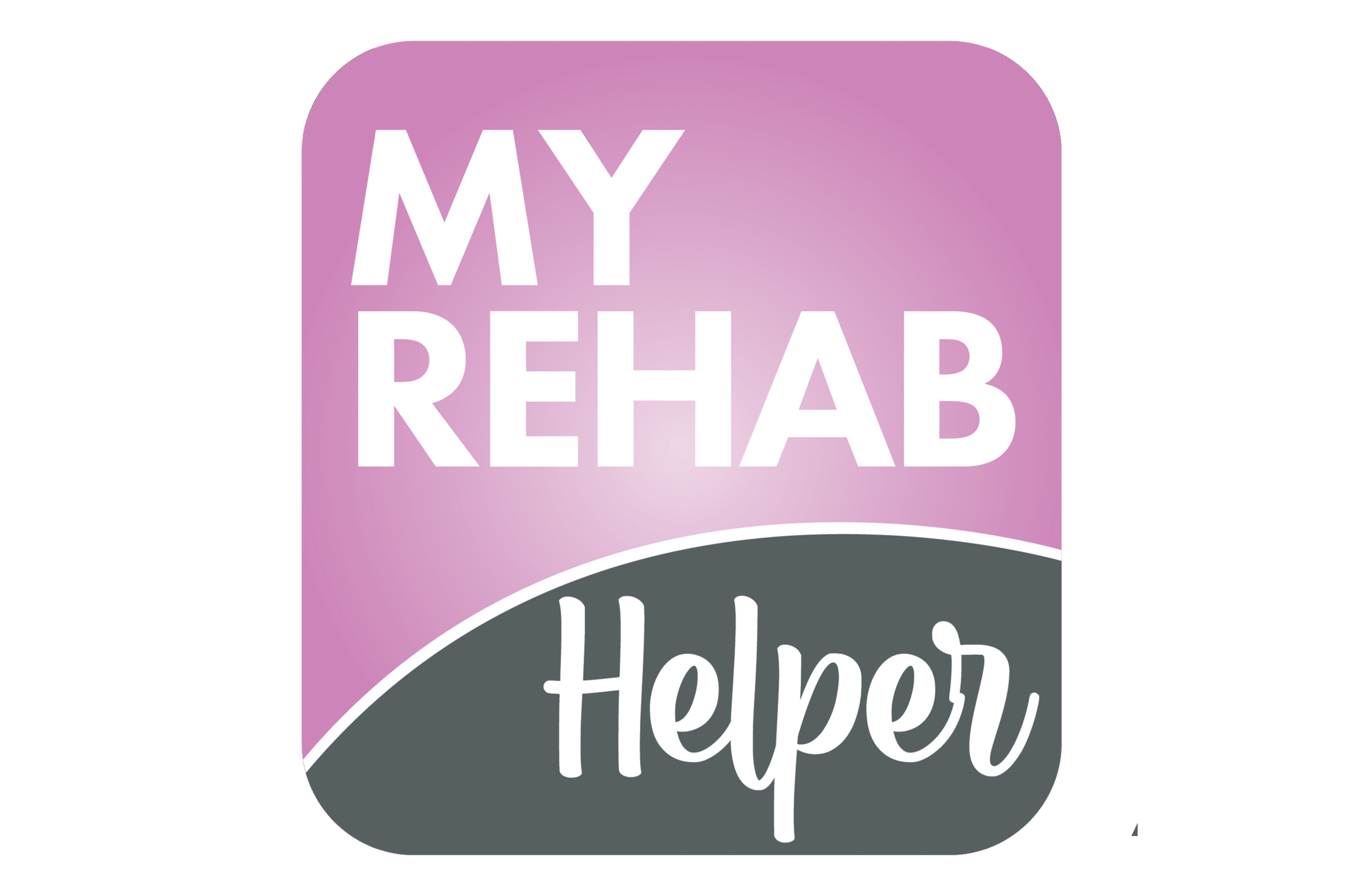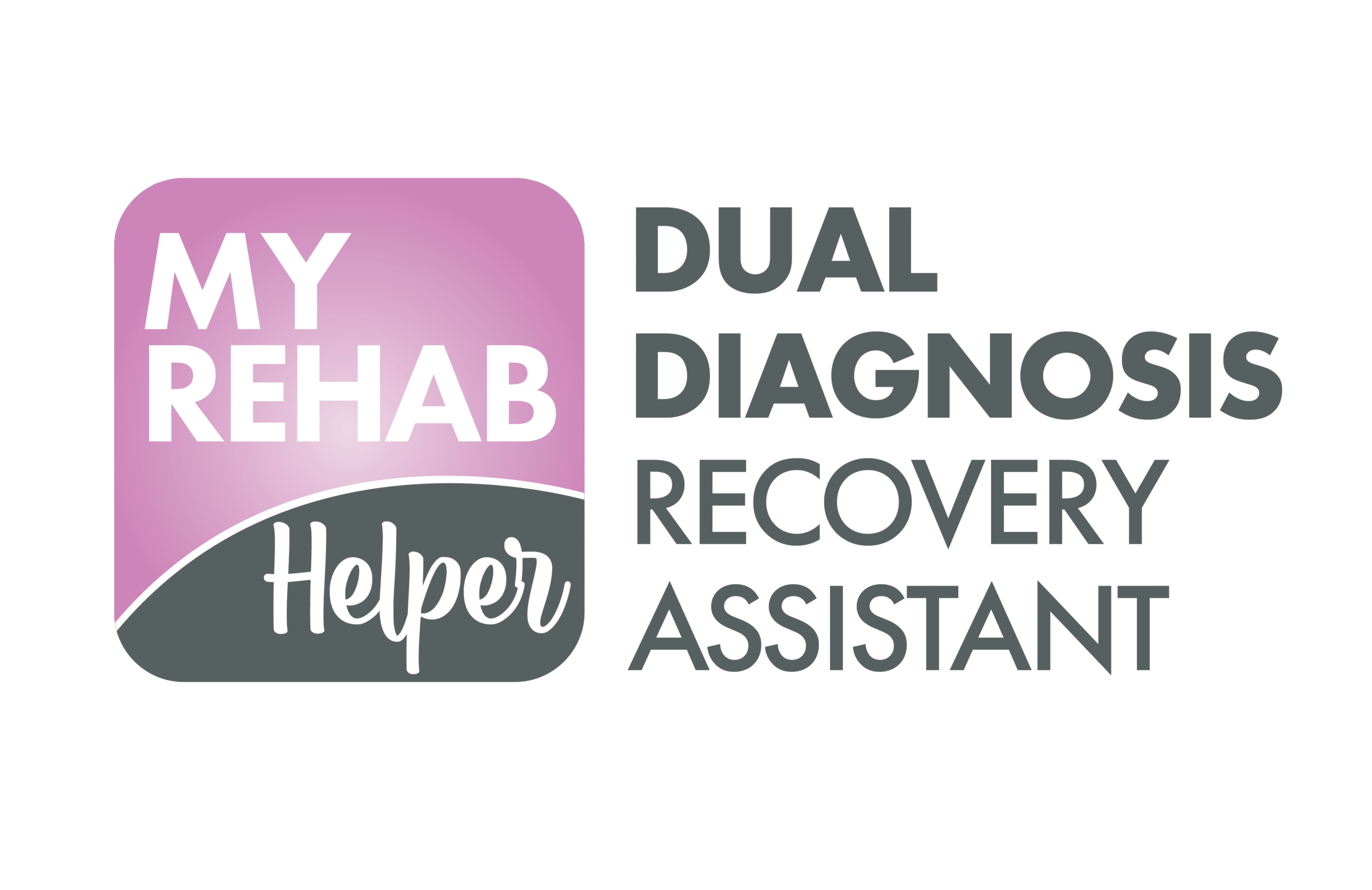
Neurobiology of Craving and Impulse Control in Alcohol Detox
Alcohol Detox Centre
Neurobiology of Craving and Impulse Control
The neurobiology of craving and impulse control plays a crucial role in the journey of alcohol detoxification. When individuals struggle with alcohol dependence, their brain's reward system is often hijacked, making it difficult to resist the intense urges to drink. The brain's neurotransmitters, such as dopamine, become altered, reinforcing the cycle of craving and loss of control. At an Alcohol Detox Centre, understanding these neurological processes is essential for effective treatment. By addressing the root causes of cravings and impulse control issues, detox programs can help individuals regain control, reduce the intensity of their urges, and set the foundation for long-term recovery.
Mechanisms of Craving
Craving for alcohol is a complex process driven by both physiological and psychological mechanisms. When alcohol is consumed, the brain releases dopamine, creating a feeling of pleasure and reinforcing the behavior. Over time, the brain becomes reliant on alcohol to stimulate this reward pathway, leading to cravings. These cravings are not just psychological desires but are deeply rooted in the brain’s neurochemical changes. In an Alcohol Detox Centre, treatment programs focus on rebalancing these neurotransmitter systems, helping to reduce the intensity and frequency of cravings. Understanding the mechanisms behind these urges is key to breaking the cycle of addiction and supporting individuals through the detoxification process.
Impulse Control and the Brain
Impulse control is a critical factor in overcoming alcohol addiction, as it directly influences an individual's ability to resist cravings and make healthier decisions. The brain's prefrontal cortex, responsible for decision-making, self-regulation, and controlling impulses, is often impaired in those with alcohol dependence. Chronic alcohol use can weaken the prefrontal cortex's ability to manage impulses, making it harder for individuals to resist the urge to drink. At an Alcohol Detox Centre, therapies are designed to help restore the balance in this part of the brain, enhancing self-control and decision-making abilities. By targeting the underlying brain functions that govern impulse control, detox programs provide the tools needed to regain mental clarity and make lasting recovery possible.
Call one of our MyRehab Helpers now!
Contact one of our helpers for ethical referals to a facility or health care professional that suits your unique circumstances.
Role of Neurotransmitters
Neurotransmitters play a pivotal role in the craving and impulse control processes during alcohol detox. These chemical messengers, such as dopamine, gamma-aminobutyric acid (GABA), and glutamate, are responsible for regulating mood, pleasure, and stress responses. Alcohol consumption alters the balance of these neurotransmitters, leading to heightened cravings and reduced impulse control. For instance, alcohol increases dopamine levels, reinforcing the pleasurable sensations associated with drinking, while suppressing GABA, which is responsible for inhibiting impulsive behaviors. During detox, an Alcohol Detox Centre works to restore the natural balance of these neurotransmitters, helping to ease withdrawal symptoms, reduce cravings, and promote emotional stability. By addressing these imbalances, detox programs support a smoother transition into recovery and long-term sobriety.
Neural Pathways in Addiction
Neural pathways in the brain are fundamental to understanding how addiction develops and how it can be treated. Repeated alcohol use strengthens certain neural circuits, particularly those in the reward system, creating pathways that reinforce the desire to drink. These pathways involve areas of the brain such as the nucleus accumbens, the prefrontal cortex, and the amygdala, all of which are responsible for pleasure, decision-making, and emotional responses. Over time, the brain becomes “wired” to associate alcohol with reward and relief, making it increasingly difficult to resist the urge to drink. At an Alcohol Detox Centre, the goal is to interrupt these neural pathways through targeted treatments, such as cognitive-behavioral therapy (CBT) and medication-assisted detox, to help the brain rewire itself. By addressing these deeply ingrained patterns, detox programs can break the cycle of addiction and support lasting recovery.
Advanced Imaging Techniques
Advanced imaging techniques, such as functional magnetic resonance imaging (fMRI) and positron emission tomography (PET), have revolutionized our understanding of the brain’s role in addiction, particularly during alcohol detox. These tools allow researchers and clinicians to observe changes in brain activity and structure in real-time, revealing how alcohol affects neural circuits involved in craving, impulse control, and decision-making. For individuals undergoing detox, these imaging techniques provide valuable insights into the specific areas of the brain that need attention and healing. By using this data, an Alcohol Detox Centre can tailor treatment plans to target the brain’s altered functions, ensuring a more personalized and effective approach to recovery. These cutting-edge technologies are helping to improve detox outcomes by providing a deeper understanding of the neurobiological processes that drive addiction.
Targeted Therapies Based on Neurobiology
Targeted therapies based on neurobiology are at the forefront of alcohol detoxification treatment. By understanding the brain’s chemical and structural changes during addiction, detox programs can be tailored to address the specific neurobiological factors contributing to cravings and impulsive behaviors. Treatments such as medication-assisted therapy (MAT), which involves the use of FDA-approved medications to restore neurotransmitter balance, can help reduce cravings and withdrawal symptoms. Cognitive-behavioral therapy (CBT) and neurofeedback are also commonly used to retrain the brain, improving impulse control and promoting healthier thought patterns. An Alcohol Detox Centre utilizes these evidence-based therapies to create a holistic treatment plan that targets both the brain’s neurochemical imbalances and the psychological aspects of addiction. This approach not only supports the detox process but also lays the foundation for long-term recovery and emotional well-being.
Medication and Neurotransmitter Regulation
Medication plays a crucial role in regulating neurotransmitters during alcohol detox, helping to ease withdrawal symptoms and reduce cravings. As alcohol disrupts the balance of neurotransmitters like dopamine, GABA, and glutamate, targeted medications are used to restore this balance, supporting the brain’s natural recovery process. Medications such as disulfiram, acamprosate, and naltrexone are commonly prescribed in Alcohol Detox Centres to help manage cravings and prevent relapse by blocking the rewarding effects of alcohol. These medications work by either stabilizing neurotransmitter levels or interfering with alcohol’s effects on the brain, making it easier for individuals to resist the urge to drink. By integrating medication into detox treatment, the detox process becomes more manageable, supporting both physical and psychological recovery.
Role of Behavioral Interventions
Behavioral interventions are essential in addressing the psychological and emotional aspects of alcohol addiction during detox. These therapies focus on changing the patterns of thinking and behavior that contribute to cravings and impulsive drinking. Cognitive-behavioral therapy (CBT), contingency management, and motivational interviewing are commonly used approaches in Alcohol Detox Centres to help individuals develop healthier coping mechanisms, improve impulse control, and enhance their ability to resist alcohol. These interventions target the brain's reward system, helping individuals reframe their responses to triggers and cravings. By addressing the root causes of addictive behavior and reinforcing positive changes, behavioral interventions provide a crucial support system during detox and set the foundation for long-term sobriety.
Family Involvement and Neurobiology
Family involvement plays a pivotal role in the alcohol detox process, especially when considering the neurobiological aspects of addiction. The brain’s reward and stress systems are deeply influenced by interpersonal relationships, and family dynamics can either support or hinder recovery. Positive family interactions can help stabilize emotional responses, reduce stress, and reinforce healthy behaviors, while negative dynamics can exacerbate cravings and relapse risks. In an Alcohol Detox Centre, family therapy and support are integrated into treatment plans to address the neurobiological impact of family relationships on addiction. By educating family members about the neurobiology of addiction, they can better understand the challenges their loved ones face and offer more effective support. Family involvement not only strengthens the detox process but also promotes a healthier, more supportive environment for long-term recovery.
Continuous Monitoring and Adaptive Strategies
Continuous monitoring and adaptive strategies are essential components of a successful alcohol detox program, particularly when addressing the neurobiological changes that occur during withdrawal. Regular assessments of brain function, emotional well-being, and progress help clinicians adjust treatment plans to meet the evolving needs of individuals in detox. This ongoing evaluation ensures that neurotransmitter imbalances, cravings, and impulse control issues are effectively managed throughout the detox process. An Alcohol Detox Centre utilizes a combination of medical monitoring, behavioral assessments, and neurobiological evaluations to track recovery progress and adapt strategies as needed. By implementing real-time adjustments, detox programs can provide personalized care, ensuring that each individual receives the most effective treatment for their specific neurobiological needs, thereby enhancing their chances for long-term recovery.
Call one of our MyRehab Helpers now!
Contact one of our helpers for ethical referals to a facility or health care professional that suits your unique circumstances.
Client Education on Neurobiological Factors
Client education on neurobiological factors is a vital aspect of alcohol detox treatment, empowering individuals to understand the science behind their cravings and impulse control challenges. By learning about the brain’s reward system, neurotransmitter imbalances, and how alcohol alters brain chemistry, clients can gain a deeper understanding of the physiological processes driving their addiction. This knowledge helps reduce feelings of shame or confusion, as individuals realize that their struggles are rooted in biological changes rather than personal failure. At an Alcohol Detox Centre, education is integrated into therapy, providing clients with tools to recognize triggers, manage cravings, and make informed decisions about their recovery. By fostering a clear understanding of neurobiology, clients are better equipped to engage in the detox process, increase their motivation for change, and take an active role in their long-term sobriety.
Challenges in Neurobiological Treatments
Neurobiological treatments in alcohol detox face challenges, primarily due to the complexity and individual variability of brain chemistry. Each person’s brain responds differently to medications and therapies, requiring personalized treatment plans. Additionally, resetting ingrained patterns of craving and impulsive behavior can be difficult, as the brain’s neuroplasticity means it takes time to adapt. At an Alcohol Detox Centre, these challenges are addressed through continuous monitoring and adjustments, combining medical and behavioral therapies to ensure the most effective treatment for each individual’s unique needs.
Success Stories Using Neurobiological Approaches
Many individuals have experienced significant success in their alcohol detox journey through neurobiological approaches. By targeting the brain’s reward system and neurotransmitter imbalances, Alcohol Detox Centres have helped countless people regain control over their cravings and impulses. Success stories often highlight the effectiveness of medication-assisted treatment, combined with behavioral therapies, in reducing withdrawal symptoms and promoting long-term sobriety. Clients who once struggled with intense cravings and relapse have found stability through a tailored approach that addresses the neurobiological roots of their addiction. These success stories demonstrate the transformative power of understanding and treating the brain’s role in addiction, offering hope for those seeking recovery.
Future Directions in Neurobiological Research
The future of neurobiological research in alcohol detox holds exciting possibilities for more effective and personalized treatments. Advancements in brain imaging and genetic studies are paving the way for a deeper understanding of how alcohol addiction affects brain function at a molecular level. Researchers are exploring novel medications that can better regulate neurotransmitter systems and promote neuroplasticity, helping the brain recover more quickly from the effects of alcohol. Additionally, the integration of artificial intelligence and machine learning may allow for more precise treatment plans based on an individual’s unique neurobiological profile. As these innovations unfold, Alcohol Detox Centres will continue to refine their approaches, offering cutting-edge therapies that enhance detox outcomes and support long-term recovery.
Join MyRehab for Effective Detox Programs
At MyRehab, we offer effective detox programs that combine cutting-edge neurobiological treatments with holistic approaches to help you regain control of your life. Our Alcohol Detox Centre is dedicated to providing personalized care tailored to your unique needs, utilizing the latest advancements in neurobiology, medication-assisted therapy, and behavioral interventions. With a team of experienced professionals, we are committed to guiding you through every step of your detox journey, ensuring a smoother transition to long-term recovery. Join MyRehab today and take the first step towards a healthier, alcohol-free future.
